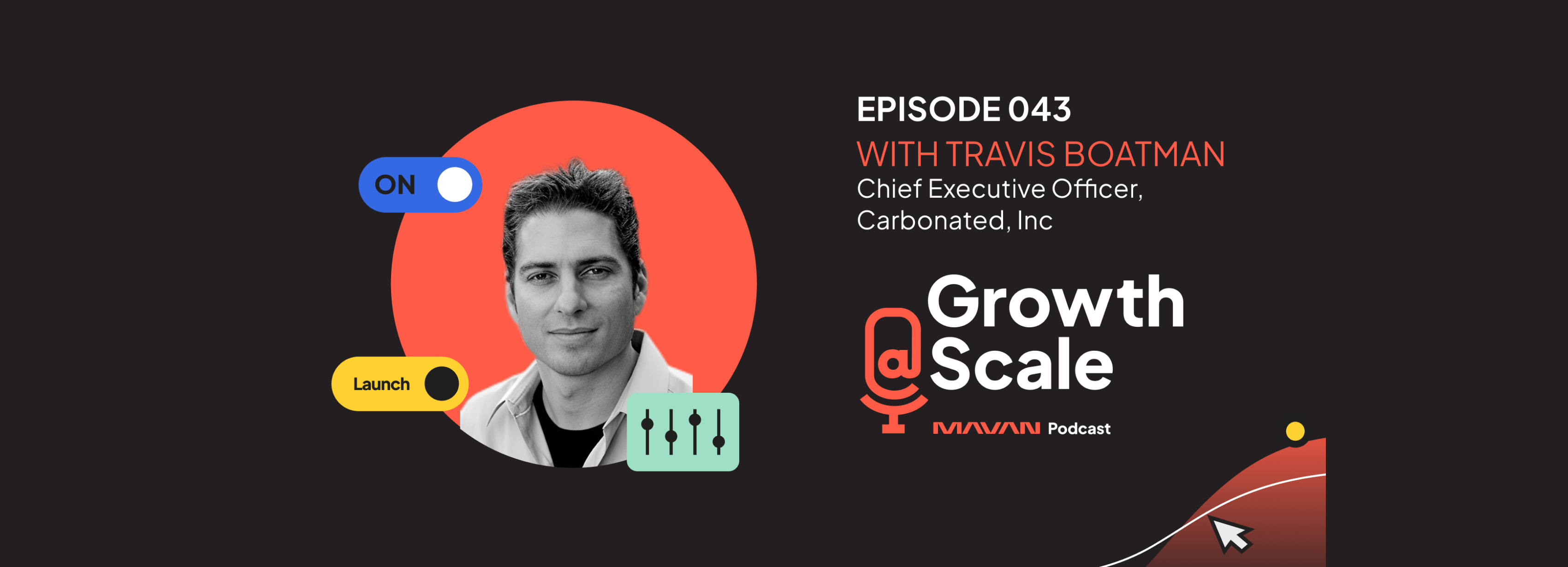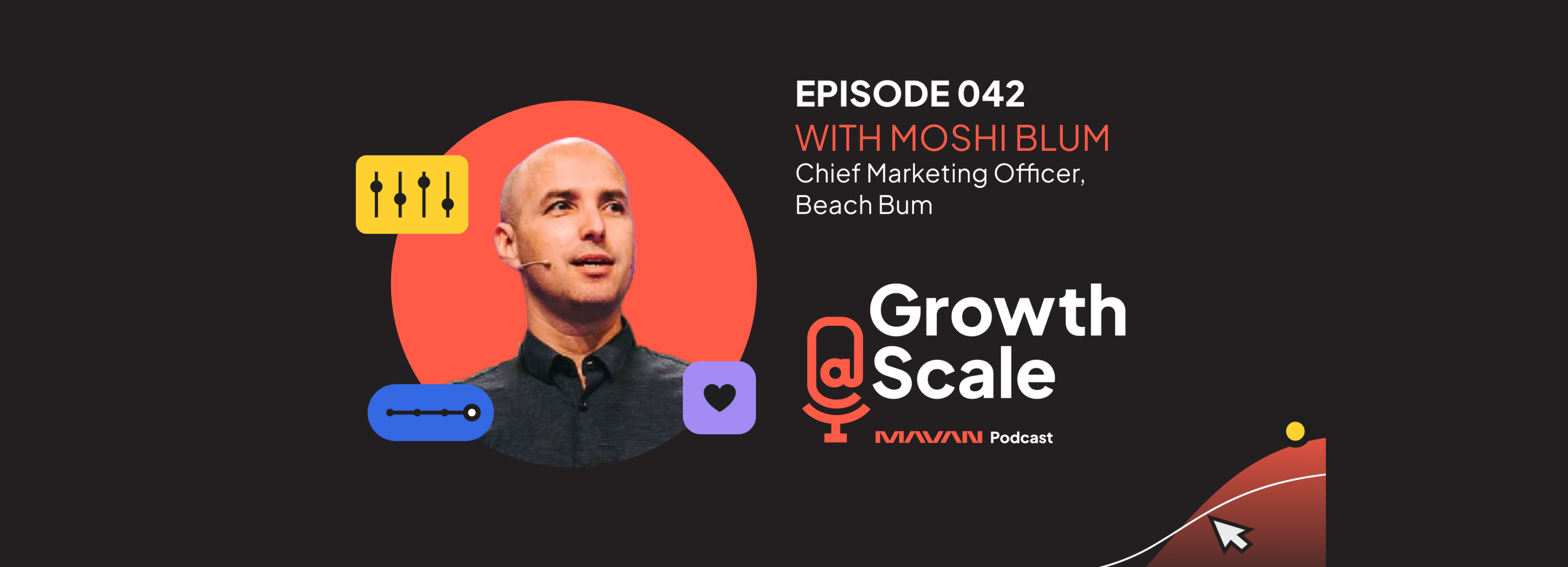Navigating Consumer Innovation: Lessons from Nigel Eccles, Co-Founder of Fanduel
Key Takeaways
- Understanding Your Core Demographic: Focus on a narrow, passionate user base for initial success.
- Balancing Innovation and Simplicity: Strive for simpler, faster solutions that can scale.
- Adaptability and Iteration: Constantly pivot and iterate based on real user feedback and market demands.
The Importance of Knowing Your Target Demographic
One crucial aspect highlighted by Nigel Eccles, co-founder of Fanduel, in a recent interview with Matt Widdoes, is the significance of pinpointing a narrow, dedicated user base. Eccles, drawing from his experiences at Fanduel and his current venture Bet Hog, stresses the importance of identifying a specific group that will be your “super consumers.”
“You need to find this narrow demographic that is going to be a par user, a super consumer of your product. That’s what you want,” Eccles explicates. For Fanduel, this was not just general sports fans but hardcore fantasy sports players who were immensely dedicated to their leagues and continually sought more engagement.
This approach diverges drastically from attempting to create a product for the masses. It underscores the necessity of understanding your initial users deeply, catering to their specific needs, and ensuring they are highly engaged. Eccles’ strategy not only helped Fanduel in its formative years but is also a guiding principle for his latest project, Bet Hog.
Implications: By focusing on a narrowly defined segment, startups can effectively tailor their product to meet the unique needs of their most passionate users. This can lead to higher engagement, more robust feedback, and eventually, a more scalable model for wider adoption.
Balancing Innovation with Simplicity
Another critical theme from the discussion revolves around the balance between innovation and simplicity. Eccles warns against over-innovation—adding too many features that can complicate the user experience. Instead, he advocates for simplifying processes to make them accessible and engaging.
He mentions how Fanduel simplified the traditional fantasy sports model by centralizing the pricing and making the system daily and mobile-optimized. “What we did with Fanduel was we actually made it a lot simpler,” says Eccles, emphasizing that simplicity drove higher adoption rates.
This principle guides Eccles’ current approach with Bet Hog, which aims to offer crypto-based casino and sportsbook experiences. By focusing on making complex crypto transactions straightforward and introducing skill-based games like Liar’s Dice, Bet Hog can appeal to crypto enthusiasts without overwhelming them.
“Our design criteria for games, one of them is social, it has to be better with friends, but one of the top ones is, it has to be fast,” notes Eccles. This focus on speed and simplicity ensures that users can quickly engage with the platform, a crucial factor in today’s fast-paced digital world.
Implications: Startups should avoid the temptation to over-engineer products. Simplifying user interactions can lead to higher adoption rates and easier scalability. Balancing essential features with streamlined processes can offer a competitive edge.
Adaptability and Iteration are Key
The final major takeaway from the interview is the necessity for constant iteration and adaptability. Eccles repeatedly highlights that initial plans rarely work out as expected. Pre-launch expectations often lead to post-launch disappointments, and it is in these moments that adaptability becomes paramount.
“Products usually don’t work as well as you think, almost never work as well as you think at launch,” Eccles candidly admits. This sentiment stems from his own experiences, where initial product launches often required significant alterations based on user feedback.
For Bet Hog, this means testing various games and features to see what resonates most with their audience. Eccles reveals, “In six months time, we’re going to have, like, seven or eight games. One’s just, like, killing it, and the other six are just like, you know, we’ll focus on that one.”
Recognizing that failure is part of the journey allows companies to pivot swiftly and effectively. The iterative approach ensures that the end product is finely tuned to meet market needs, rather than being mired in the rigidity of the original plan.
Implications: Startups should embrace failure as a learning process. Iterative development and being open to pivoting based on real user feedback can be the difference between a product that stagnates and one that thrives. Flexibility allows a company to respond to market demands dynamically, ensuring long-term success.
Drawing from the rich experiences and insights shared by Nigel Eccles, entrepreneurs in the consumer innovation space can glean several actionable strategies. Understanding and focusing on your core demographic can lead to higher engagement and better product-to-market fit. Striking a balance between innovation and simplicity can make complex ideas more accessible and easier to adopt. Finally, a commitment to adaptability and iterative improvement can ensure that products evolve effectively in response to user feedback and market conditions. These guiding principles are not just theoretical but are backed by Eccles’ tangible successes and ongoing ventures in highly competitive markets.
Book a complimentary consultation with one of our expertsto learn how MAVAN can help your business grow.
Want more growth insights?
Related Content
Growth@Scale – Episode 43 – Travis Boatman – Transcript
April 29, 2025
Unlocking the Power of AI in Growth Marketing
April 22, 2025



